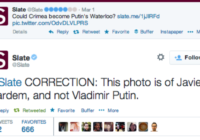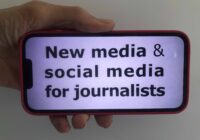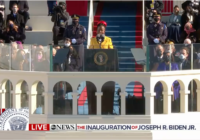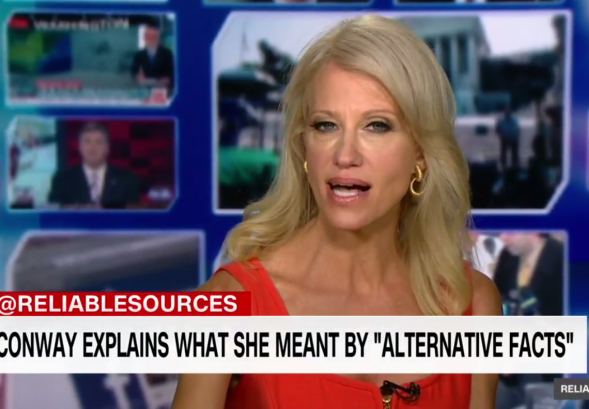Why is it so hard to ask ‘Says who?’
In the age of fake news and everywhere media, the information soup in which we all swim is made up of almost everything anyone says on almost any issue one can imagine. An awful lot of it is false and it can be poisonous. So, it is important we can tell the difference between the truth and falsehoods, either by discovering the truth for ourselves or by sharing it with people we can rely on. Thus, the critical importance of asking “Says who?” Read More










